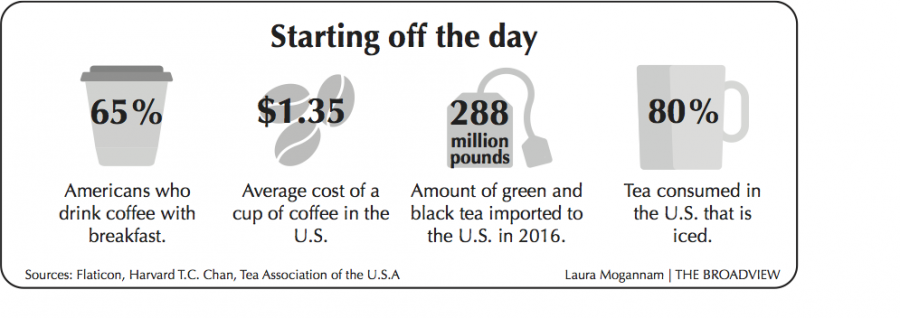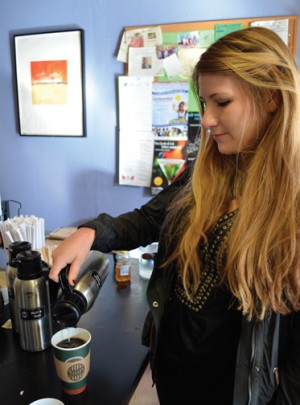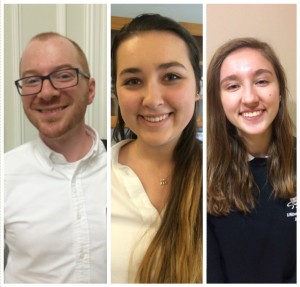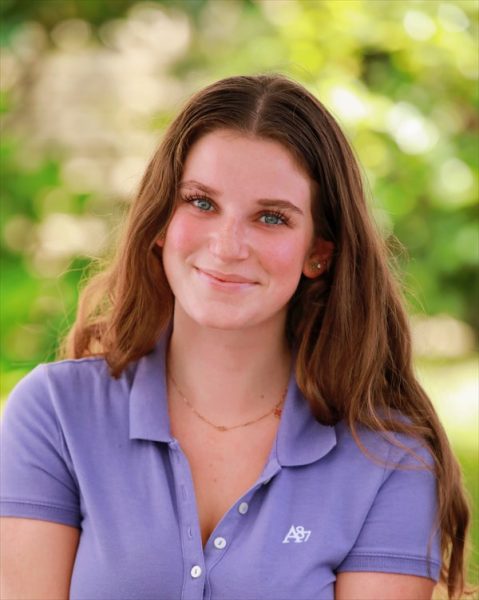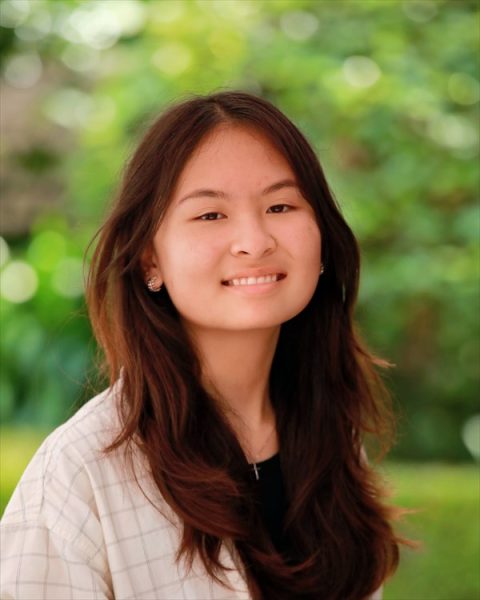Hyped up
November 30, 2017
With long school hours and late night study sessions, caffeine is a crucial part of many students’ diets. Coffee and tea can both provide a solution to that daily fix, along with providing other health benefits.
“Coffee will more than likely have more caffeine than tea,” herbalist Alex Trevisan said. “Because of this, coffee tends to have a more jittery effect and be a more powerful stimulant.”
An 8 ounce cup of brewed coffee has between 95 and 165 milligrams of caffeine, while an 8 ounce brewed cup of black tea has between 25 and 48 milligrams of caffeine, according to the Mayo Clinic.
“I prefer caffeinated tea,” junior Amelia Estes said, “but when I need a bigger boost of energy, I will drink coffee — like during finals week.”
Not only does coffee generally have more caffeine, but it also contains the antioxidant chlorogenic acid, that may lower blood pressure and prevent diabetes, according to a study
For those who want caffeine, but do not enjoy coffee, many caffeinated tea varieties exist with different levels of oxidization, which impact the amount of caffeine and antioxidants in the tea.
“I drink unsweetened black iced tea in the mornings because I actually hate coffee,” senior Olivia Matthes said. “I need some caffeine in the morning so tea is my substitute for that. It just gives me a little boost.”
Those who drink tea may also be receiving other added benefits.
“Green tea has an antioxidant which is really good for the body — catechins,” Trevisan said. “This antioxidant can help prevent free radicals, which damage cells.”
Studies have shown that catechins also improve cardiovascular health due to their tendency to reduce inflammation, prevent clots and lower blood pressure, according to the National Center for Biotechnology Information.
“I use highly concentrated green teas, which are high in catechins, in my herbal formulas as an antioxidant to treat some of my patients,” Trevisan said.
For those who are caffeine sensitive or want to enjoy a cup of tea before bed, caffeinated teas may not be an ideal option.
“Herbal teas, which have no caffeine can also have some antioxidants because they are sometimes made from fruits or flowers,” Trevisan said. “A lot of people can benefit from teas that are made to relax you.”



